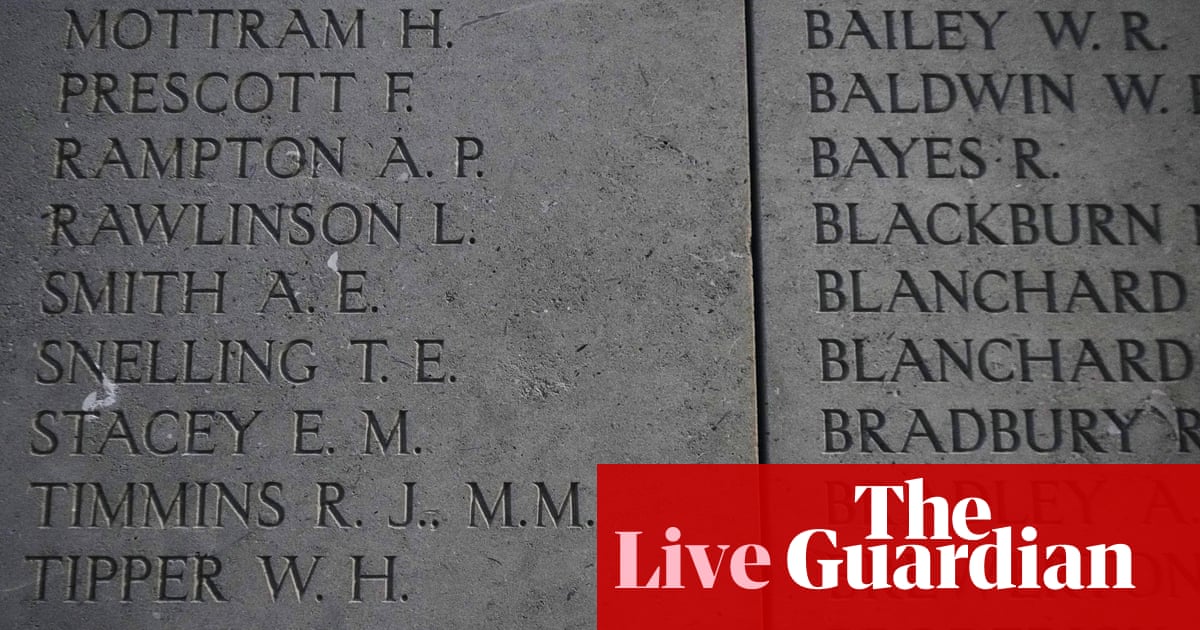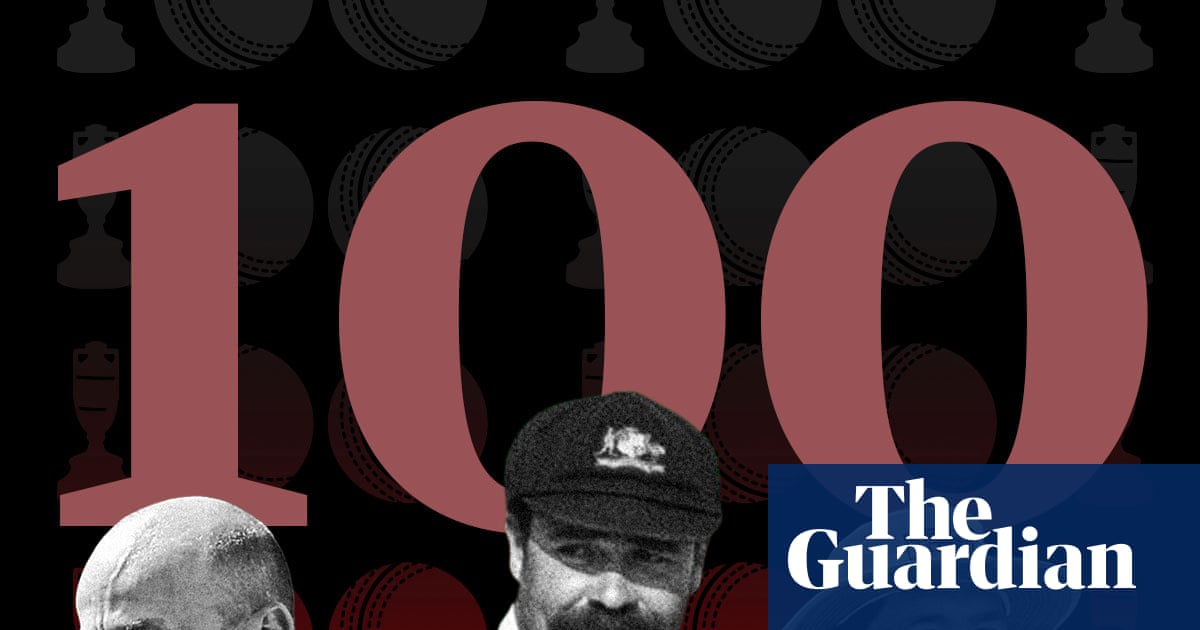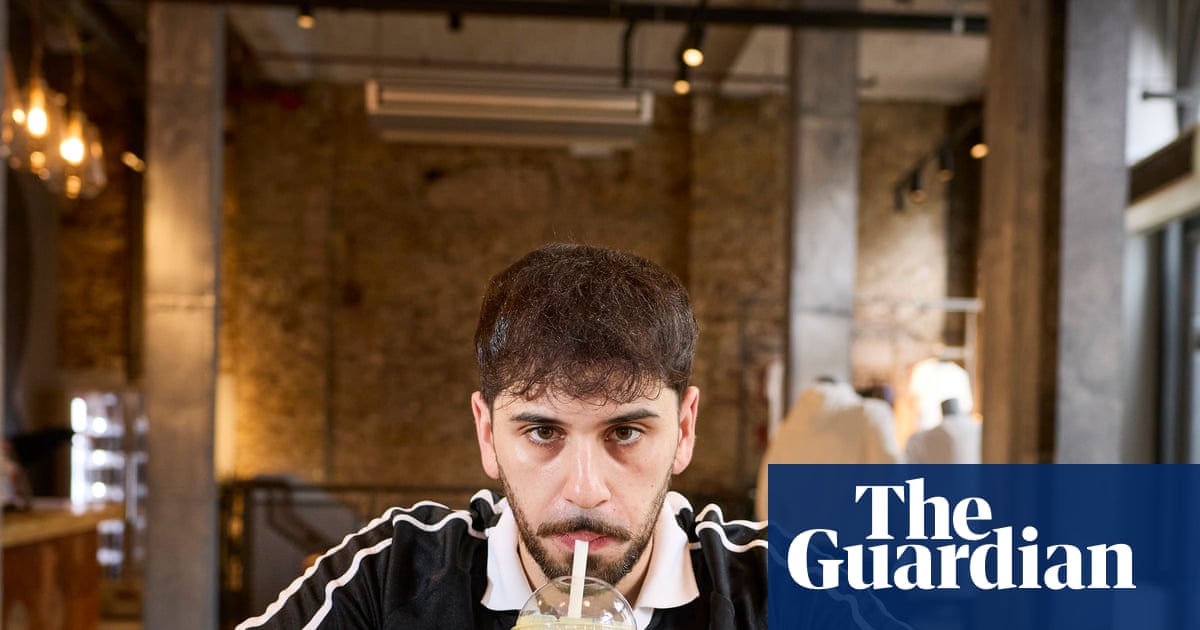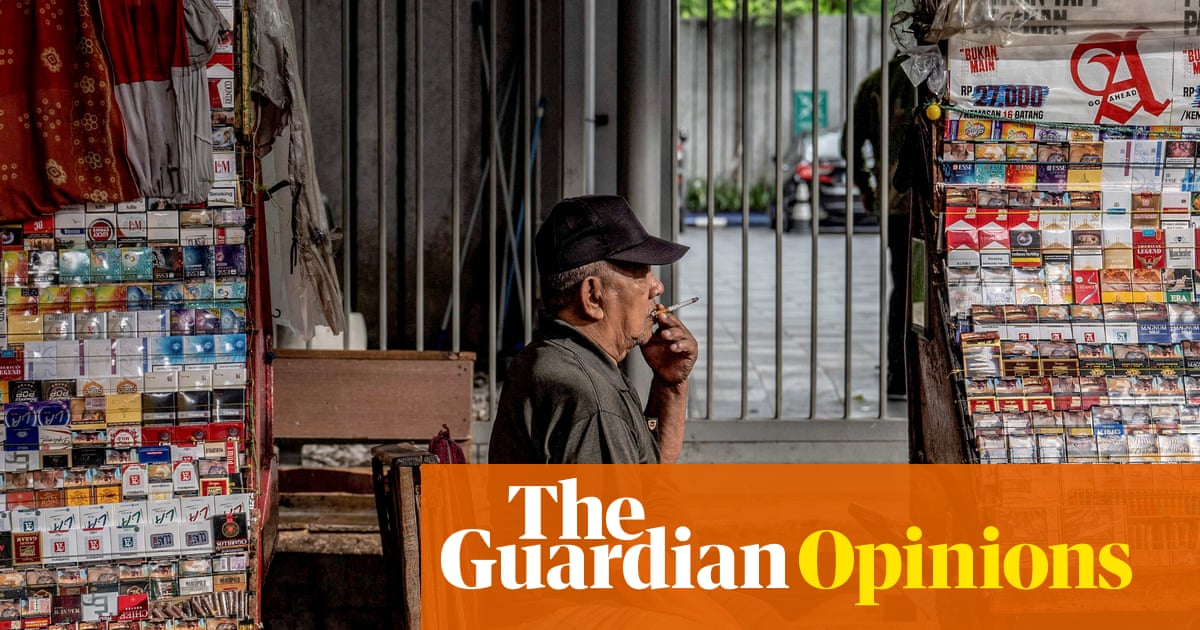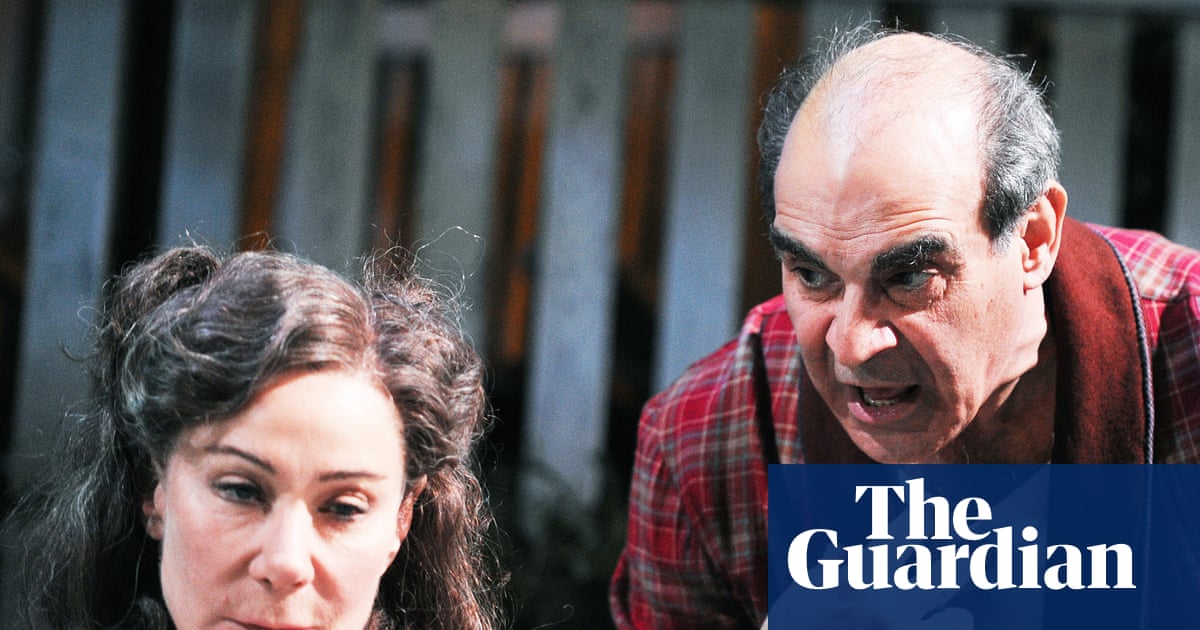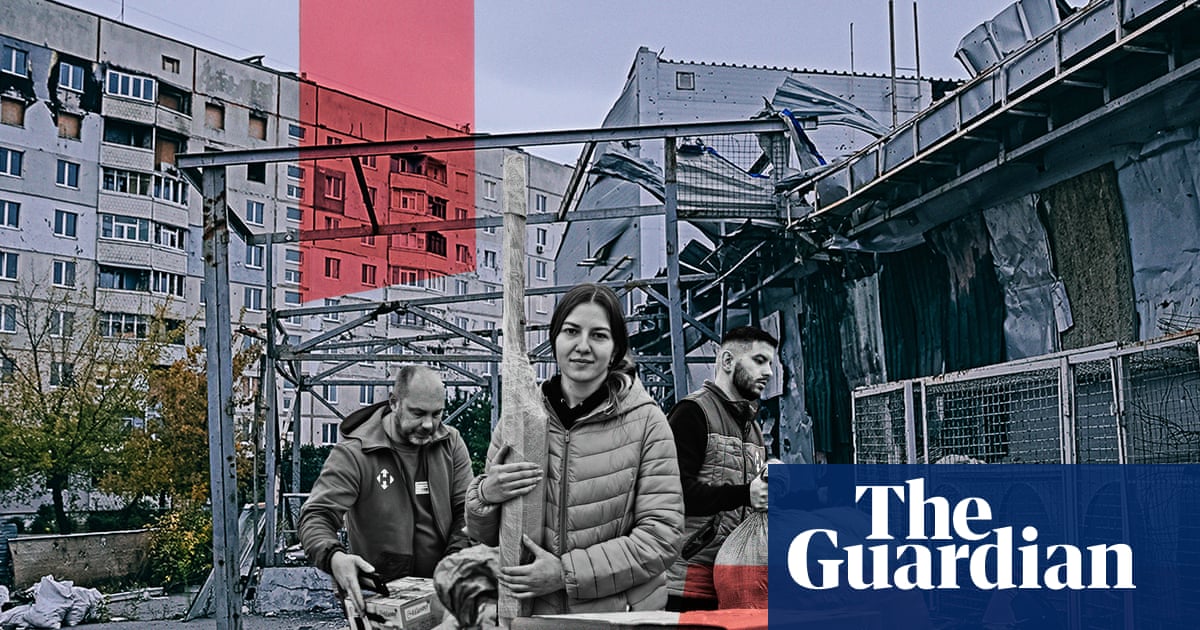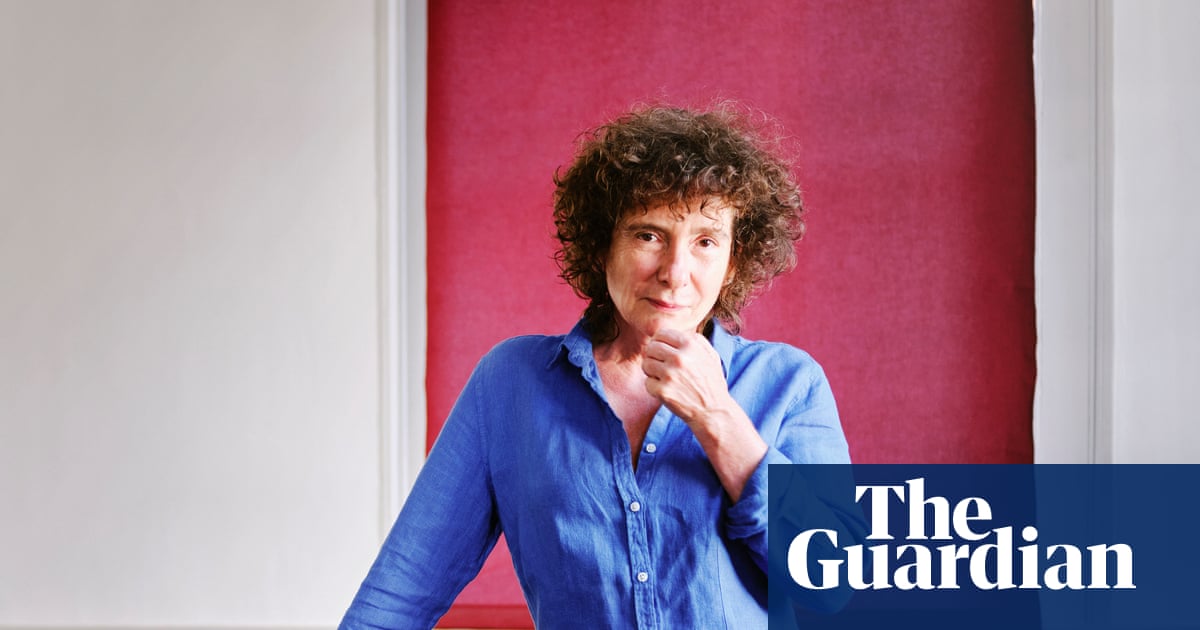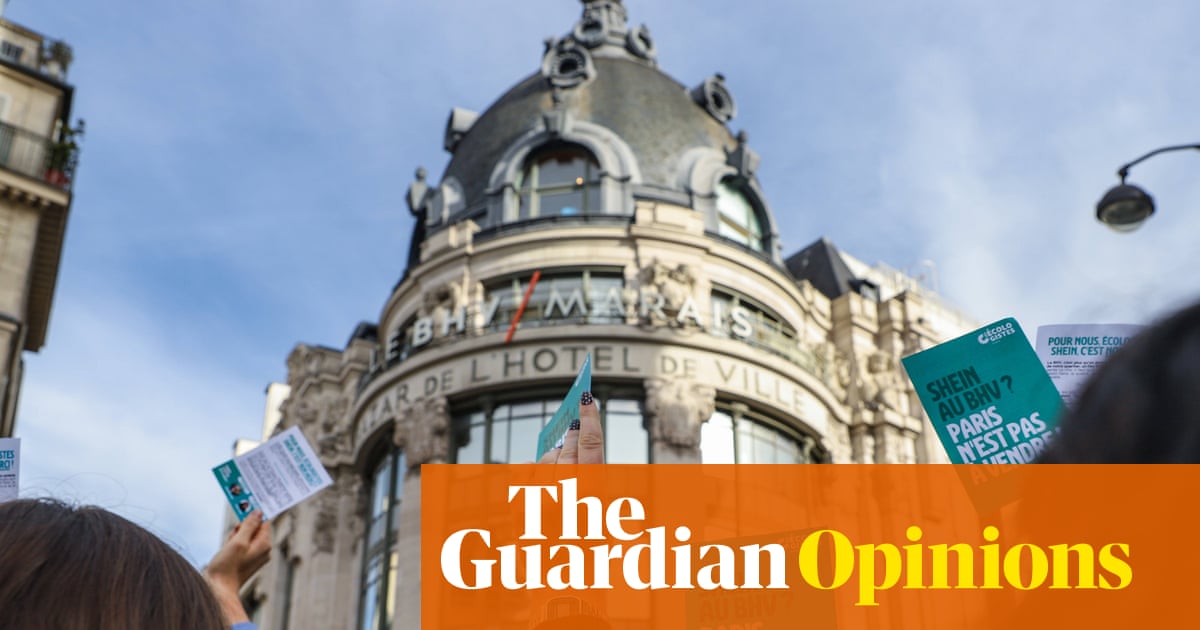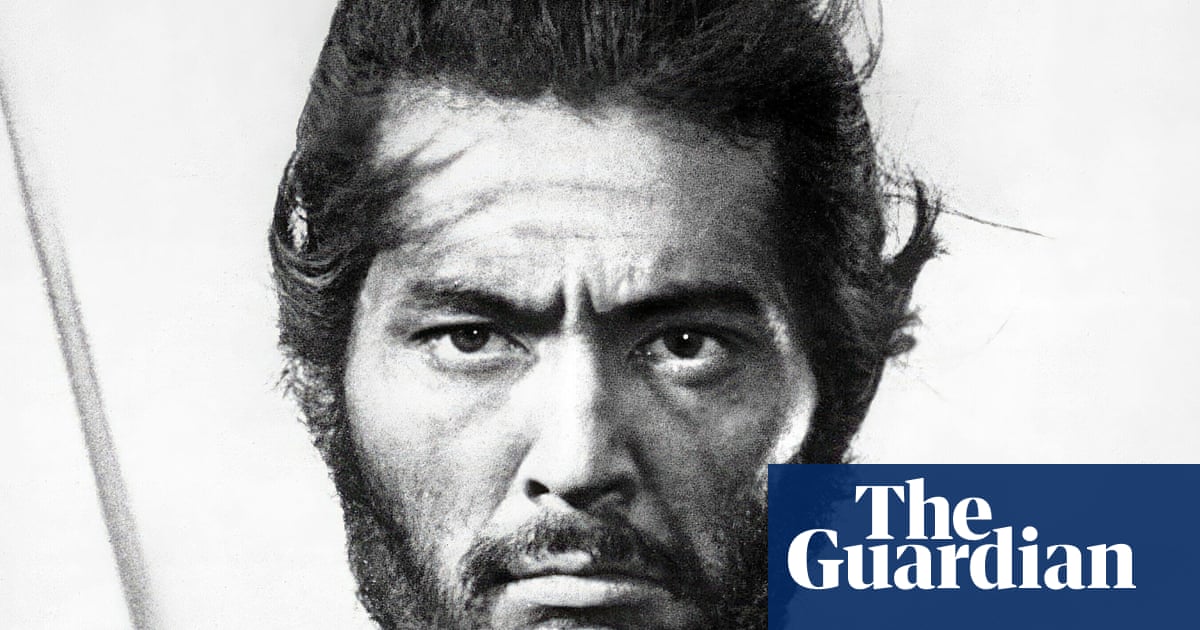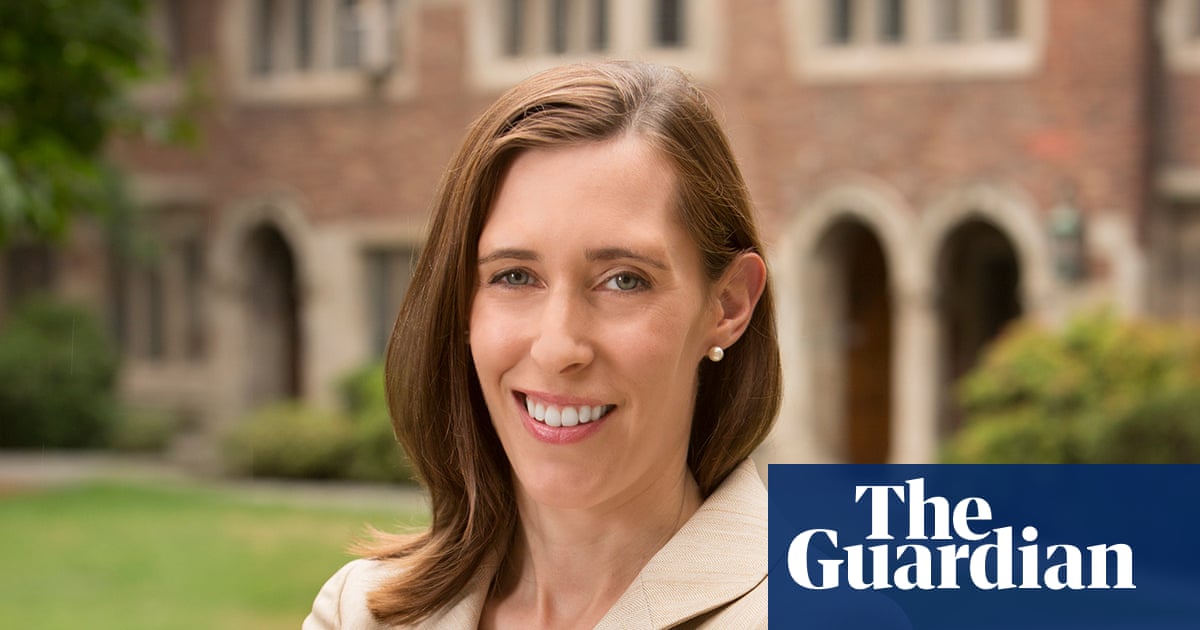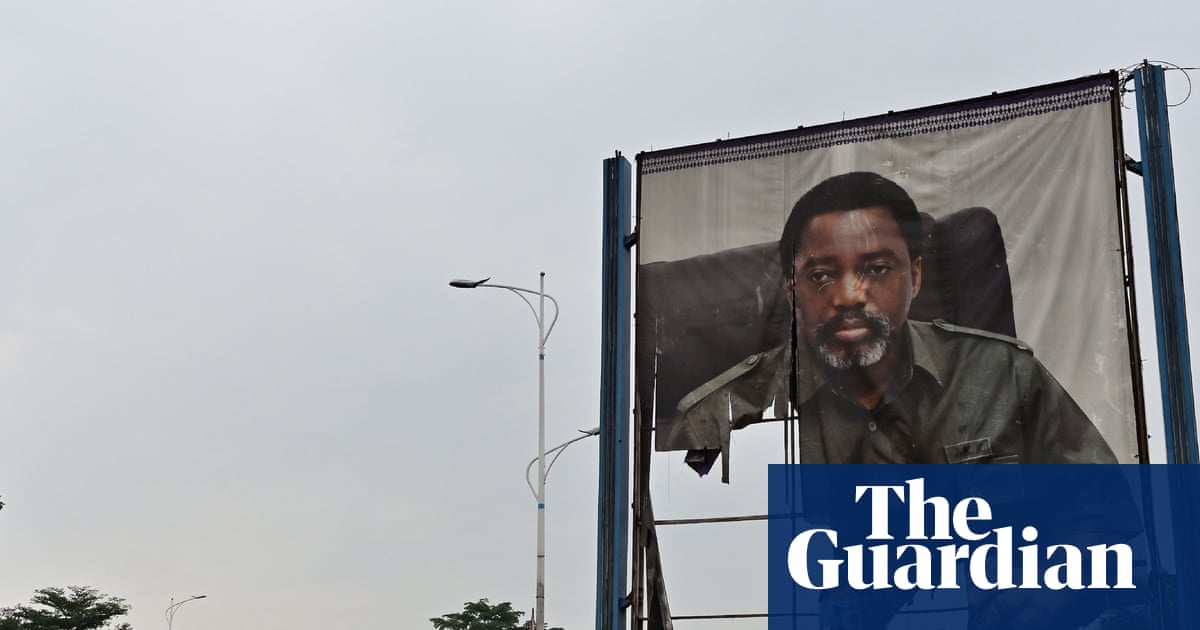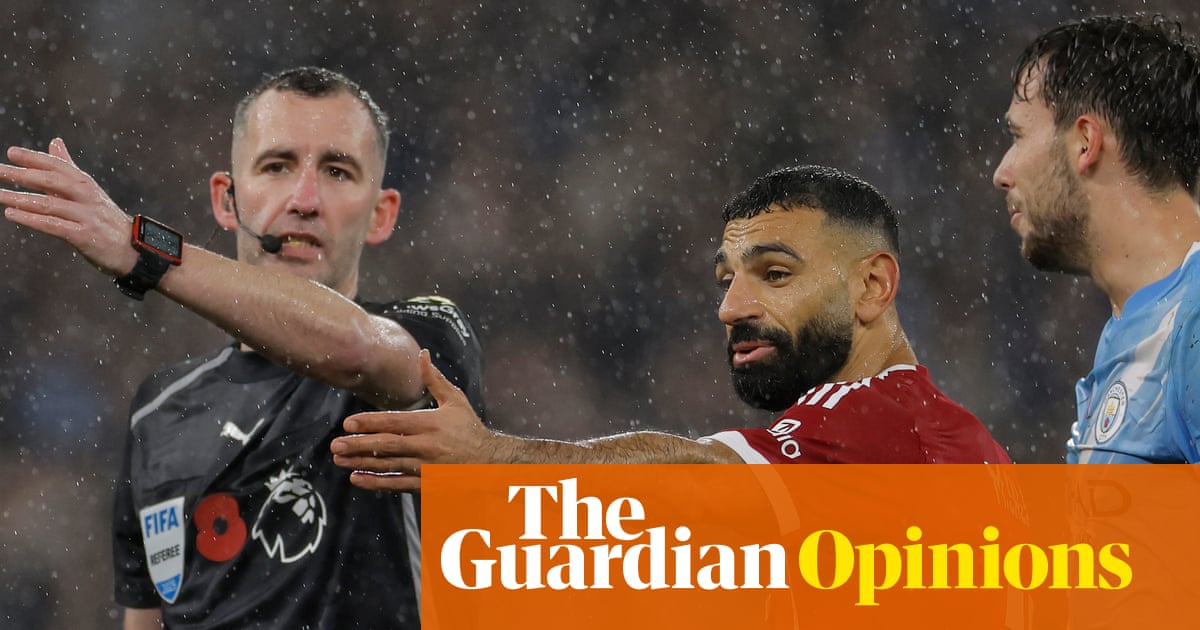I didn’t see Harold Pinter’s Betrayal on stage until after I’d read it. I’m pleased about that – it means I’d “seen” it for myself first. The play is about a married couple, Robert and Emma, and the affair that she has with his best friend, Jerry. It has a reverse chronology, starting in the present day when the affair is over and ending years earlier as it begins, and shows what each of them knows or doesn’t know over the course of that time. I immediately thought: this is how I want to write.
I loved its spareness and economy. How taut the language was. Unspoken words filled the room, giving it energy and unpredictability and drama. It showed me how much you can leave for the actors to work out and play with. How much the words matter, but the silences, too.
Betrayal expects a level of engagement from the audience. That they work at it. To try to elicit meaning and intention rather than just sit back and passively consume it. I also love the privileged information that we have over the characters, and how it shows the unreliability of memory. Jerry recalls throwing Emma’s child in the air. “It was in your kitchen,” he says. “It was in your kitchen,” says Emma. This idea of the stories that we tell ourselves that stick and feel like truth.
The play has such a sense of place – not through prose, but through their relationship to it. I think about it whenever I go to Kilburn in north-west London – their flat in Wessex Grove. In my imagination it’s there.
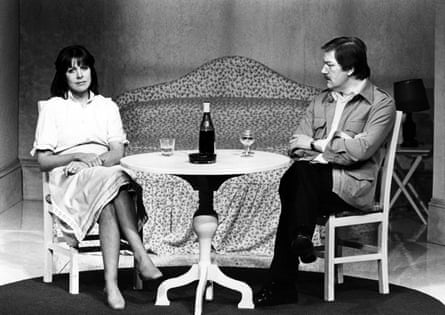
It’s such a brilliant vehicle for actors and directors who are adept with pace and timing. I loved the Donmar Warehouse version in 2007 starring Samuel West, Dervla Kirwan and Toby Stephens, with its sweeping white curtains conveying the passing of time. Jamie Lloyd’s 2019 version with Tom Hiddleston, Zawe Ashton and Charlie Cox really changed the drama by keeping all the characters on stage throughout. Their constant presence felt so poignant because we could see the very personal toll that each of their actions was taking on the other. The weight of it.
Its influence is there in my first novel Ungone, seeping into the way I’ve approached fiction. My characters speak to each other, and then there are moments when we hear their internal dialogue. What they don’t say. The words they use are very precise, but can have myriad meanings. Everything feels true in Betrayal, everything resonates.
-
As told to Lindesay Irvine

 2 months ago
54
2 months ago
54


